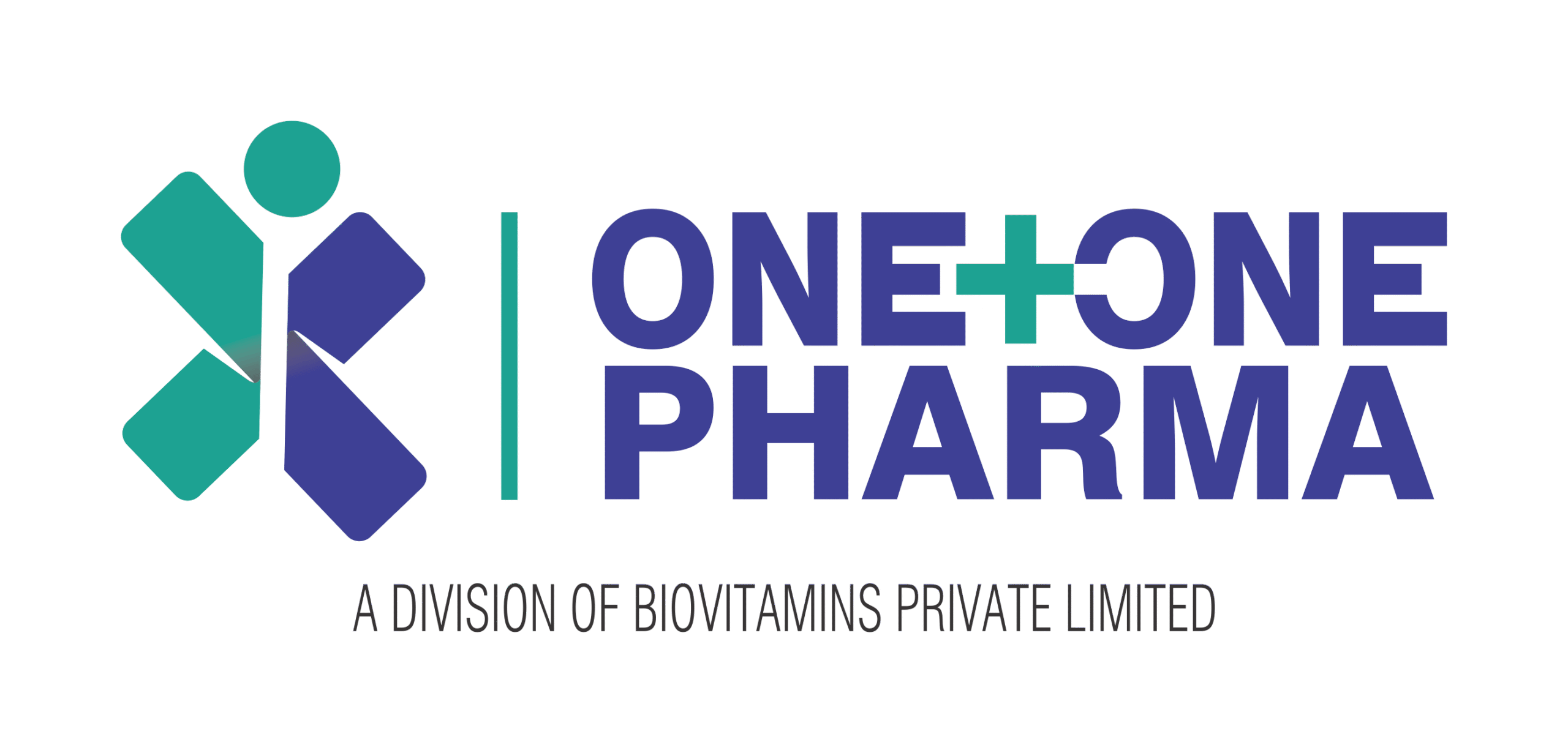
Strengthening Foundations
Bone health is a cornerstone of overall well-being, influencing mobility, independence, and quality of life throughout our lifespan. With conditions such as osteoporosis, arthritis, and age-related bone loss affecting millions worldwide, pharmaceutical research is evolving rapidly to develop innovative therapies that support and restore skeletal integrity. This article explores how the pharmaceutical industry is transforming bone health, from cutting-edge drug development to integrative treatment strategies.
The Critical Importance of Bone Health
Lifelong Foundation
Bones not only provide structural support and protection for vital organs but also play a crucial role in mineral storage and blood cell production. As we age, maintaining bone density and strength becomes essential to prevent fractures and mobility issues. Traditional approaches to bone health have focused on lifestyle modifications—adequate nutrition, weight-bearing exercise, and calcium/vitamin D supplementation—but these measures may not be sufficient for individuals at higher risk.
Economic and Social Implications
Bone-related disorders, particularly osteoporosis, contribute significantly to healthcare costs and diminished quality of life. Fractures resulting from weakened bones can lead to long-term disability and loss of independence, emphasizing the urgent need for effective therapeutic interventions.

- Innovative Pharmaceutical Interventions
Targeted Drug Therapies
Recent advances in bone biology have paved the way for novel pharmaceutical treatments that directly address the cellular mechanisms governing bone remodeling. Key developments include:
- Bisphosphonates:
Widely used to prevent bone resorption, bisphosphonates help maintain bone density by inhibiting osteoclast activity. These drugs have become a mainstay in osteoporosis treatment, reducing the risk of fractures in vulnerable populations. - Denosumab:
This monoclonal antibody targets the RANKL pathway, a critical regulator of osteoclast development. By inhibiting bone resorption, denosumab offers an alternative for patients who are intolerant to traditional bisphosphonates. - Parathyroid Hormone (PTH) Analogues:
Therapies such as teriparatide stimulate bone formation by mimicking the action of natural PTH. This anabolic approach not only helps rebuild bone but also improves overall skeletal strength.
Emerging Targets and Combination Therapies
Pharmaceutical research is now focusing on next-generation therapies that go beyond conventional treatments:
- Selective Estrogen Receptor Modulators (SERMs):
By modulating estrogen receptors, SERMs can help maintain bone density while minimizing the risks associated with hormone replacement therapy. - Dual-Action Agents:
Combining bone resorption inhibitors with anabolic agents, dual-action therapies are being explored to offer a more comprehensive approach to bone regeneration. - Novel Molecular Pathways:
Advances in genetics and molecular biology are uncovering new targets—such as Wnt signaling modulators—that hold promise for future treatments aimed at both preventing bone loss and enhancing repair.
- Integrating Pharmaceuticals with Holistic Bone Health Care
Comprehensive Treatment Strategies
While innovative drugs are essential in managing bone health, an integrative approach remains critical. Successful bone health management often involves:
- Nutritional Support:
Ensuring sufficient intake of calcium, vitamin D, and other bone-supportive nutrients is fundamental. - Exercise and Physical Therapy:
Weight-bearing exercises and strength training are vital to maintaining and improving bone density, especially when combined with pharmacotherapy.
Digital Health and Patient Monitoring
Digital tools, including wearable devices and telemedicine platforms, are increasingly being used to monitor bone health parameters such as activity levels and risk of falls. These technologies enable healthcare providers to tailor interventions and adjust treatments in real time, ensuring optimal outcomes for patients.
- Regulatory and Ethical Considerations
Ensuring Safety and Efficacy
Rigorous clinical trials are paramount to establishing the safety and long-term benefits of new bone health therapies. Regulatory bodies, such as the FDA, require comprehensive data on both efficacy and potential side effects before approving new medications. This stringent oversight helps safeguard patients while fostering continued innovation.
Balancing Innovation with Accessibility
While the development of advanced treatments offers hope for improved bone health, it also raises questions about accessibility and cost. Balancing cutting-edge pharmaceutical advancements with public health initiatives remains a key challenge for policymakers, as equitable access to these therapies is essential for broad societal benefit.
- Future Directions in Bone Health Research
Next-Generation Therapeutics
The future of bone health is likely to be shaped by further breakthroughs in regenerative medicine. Research into stem cell therapies, gene editing, and biologics holds the potential to not only prevent bone loss but also repair and regenerate bone tissue in unprecedented ways.
Personalized Medicine
As our understanding of genetic predispositions and individual bone metabolism deepens, personalized medicine will play an increasingly important role. Tailoring treatments to an individual’s unique genetic and lifestyle profile could lead to more effective and sustainable bone health interventions, reducing the risk of fractures and enhancing overall quality of life.
Collaborative Research Initiatives
Public-private partnerships are essential to accelerate the development and implementation of innovative bone health therapies. By pooling resources and expertise from academia, industry, and government agencies, these collaborations can drive forward research that addresses both the biological and societal aspects of bone health.
Conclusion
Pharmaceutical innovations are redefining the landscape of bone health, offering new and effective solutions to a global challenge. From targeted drug therapies to comprehensive, personalized treatment strategies, the advancements in bone health are reshaping how we approach skeletal wellness. As research continues to evolve, the integration of cutting-edge science with holistic care promises a future where strong, resilient bones are within reach for individuals of all ages—ensuring not only longer lives but also a better quality of life.
